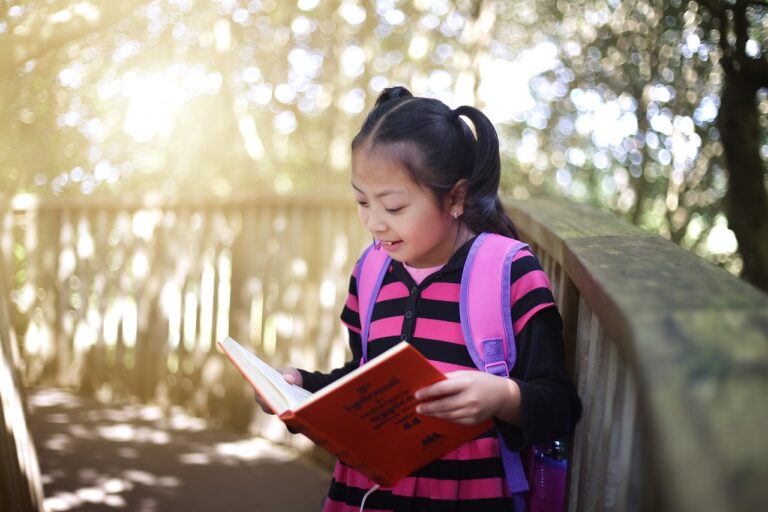Student Rights and Responsibilities: Empowering Students as Citizens of the School Community
Student rights are essential in creating a fair and supportive learning environment for all students. These rights encompass the fundamental principles of equality, non-discrimination, and freedom of expression within educational settings. As students, it is crucial to be aware of our rights to ensure that our voices are heard and that we are treated with respect and dignity in all aspects of our academic journey.
Understanding student rights also involves recognizing the boundaries of these rights and the responsibilities that come with them. While students have the right to express their opinions and beliefs, it is important to do so in a respectful manner that does not infringe upon the rights of others. By upholding these rights and responsibilities, students contribute to a positive and inclusive learning environment where diverse perspectives are valued and respected.
Recognizing Student Responsibilities
Students play a crucial role in shaping the culture and environment within their educational institution. It is essential for students to acknowledge their responsibilities in upholding a positive and conducive learning atmosphere. By actively participating in class discussions, completing assignments on time, and respecting the opinions of their peers, students contribute to a collaborative and respectful academic community.
Furthermore, students have the responsibility to adhere to the rules and regulations set forth by the institution. This includes showing respect for faculty members, staff, and fellow students, as well as maintaining academic integrity and honesty in all aspects of their educational journey. By fulfilling these responsibilities, students not only demonstrate their commitment to their own education but also show consideration for the well-being and success of their peers.
Promoting Respectful Communication
In educational settings, fostering an environment of respectful communication is paramount for the well-being and success of students. Respectful communication entails actively listening to others without interrupting, providing feedback in a constructive manner, and acknowledging diverse perspectives without judgment. When students engage in respectful communication, they not only cultivate empathy and understanding but also contribute to creating a positive and inclusive learning atmosphere.
Moreover, promoting respectful communication among students can help mitigate conflicts and misunderstandings that may arise. Encouraging open dialogues where individuals feel safe expressing their thoughts and feelings promotes trust and cooperation within the academic community. By emphasizing the importance of respectful communication, educators can empower students to communicate effectively, resolve conflicts peacefully, and build strong interpersonal relationships that will serve them well beyond the classroom.
Why is it important to understand student rights?
Understanding student rights helps create a respectful and inclusive environment where students feel valued and supported.
What are some examples of student responsibilities in promoting respectful communication?
Examples of student responsibilities include listening actively, being open-minded, and using inclusive language when communicating with others.
How can educators promote respectful communication in the classroom?
Educators can promote respectful communication by setting clear expectations, modeling respectful behavior, and addressing any instances of disrespectful communication promptly.
What should students do if they feel their rights are being violated?
Students should feel empowered to speak up and address any concerns with their educators or school administration. It is important to advocate for one’s rights in a respectful manner.
How can students improve their communication skills?
Students can improve their communication skills by actively listening, seeking feedback, and practicing empathy in their interactions with others.







